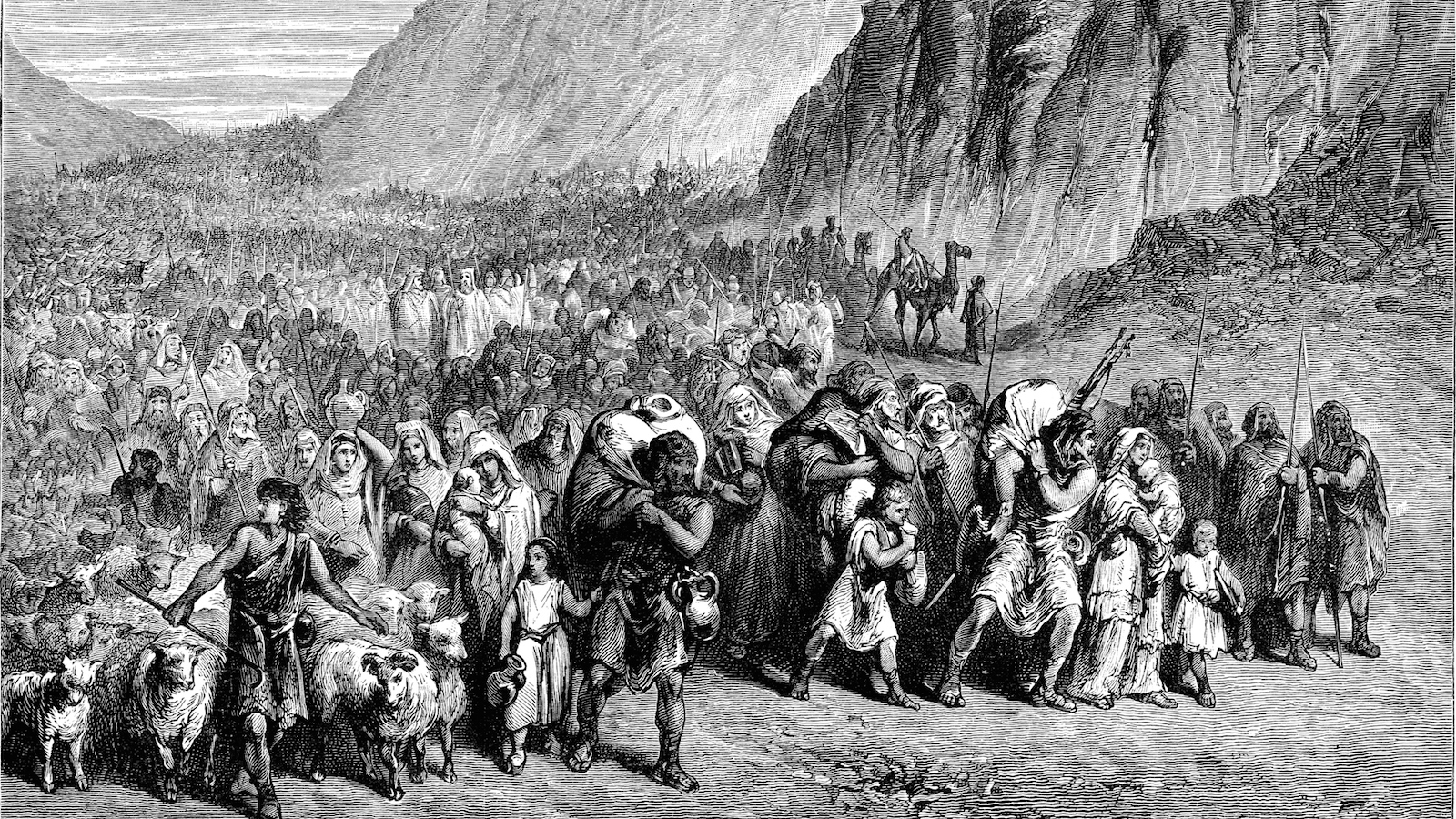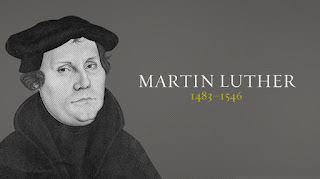The country suffered a double whammy – the unexpected
political fiasco which was unprecedented, and a tiny virus named COVID-19 that
brought the whole world to a standstill, literally. How do we as disciples of Jesus
respond in a Christlike manner? Surely no one will blame us for feeling
frustrated, anxious or angry. This is the time we will be tested on what we
believe about God and His sovereignty. Who we are is often tested not in good
times, but in bad or challenging times. As the saying goes, it can bring the
best or the worst out of us.
We read with amusement how supermarkets ran out of toilet
papers and other essentials. What is it that drove this herd mentality? Psychologists
suggest that it has to do with the need to do whatever it takes to try and get back
some control individually over something beyond their control. Such desire
would also be reflected in some now considering the next wave of migration to
other countries for greener pastures.
It’s amazing how often God speaks in my simply daily bible
reading and devotion about the issues I am facing. No less this time when we are
having two national crises at hand, feeling often helpless, yet confident that
the future is not determined by men, but by a sovereign God who is in control.
How do you hold a healthy tension between being a citizen of this nation and of
heaven? (Philippians 3:20–21 “20 But our citizenship is in
heaven. And we eagerly await a Savior from there, the Lord Jesus Christ, 21 who,
by the power that enables him to bring everything under his control, will
transform our lowly bodies so that they will be like his glorious body.”) How
do we responsibly take all the necessary precautions to prevent infections,
which is not a hundred per cent full proof anyway, and still trust that our
lives are in God’s hands? How do we act on certain things and yet trust that
God is sovereign in all things? There are no easy answers.
Our call is to be godly and useful citizens wherever He has
placed us. We are called as a Body of believers to be salt and light. (Matthew5:13-16) We are not Malaysians by accident but by a sovereign act of God. (Acts
17:26 “From one man he made all the nations, that they should inhabit the whole
earth; and he marked out their appointed times in history and the boundaries of
their lands.”) While we are here as
pilgrims on this earth (Hebrews 11:13; John 17:16; 1 Peter 2:11), we subject
ourselves to the governing authorities. (Romans 13:1 “Let everyone be
subject to the governing authorities, for there is no authority except that
which God has established. The authorities that exist have been established by
God.”)
The signs of the end times just before the return of Jesus
had been prophesized: (Luke 21:10–11 “10 Then he said to
them: “Nation will rise against nation, and kingdom against kingdom. 11 There
will be great earthquakes, famines and pestilences in various places, and
fearful events and great signs from heaven.”) It will get increasingly
challenging, unsettling and chaotic, even for the church as persecutions
increase in intensity. Jesus Himself said: (Luke 21:17–19 “17 Everyone
will hate you because of me. 18 But not a hair of your head
will perish. 19 Stand firm, and you will win life.”) Why
are we surprise then when all these things happen?
It was in the midst of all these the Lord spoke to me from Luke
9:12-14 “12 Late in the afternoon the Twelve came to him and
said, “Send the crowd away so they can go to the surrounding villages and
countryside and find food and lodging, because we are in a remote place here.” 13 He
replied, “You give them something to eat.” They answered, “We have only five
loaves of bread and two fish—unless we go and buy food for all this crowd.” 14 (About
five thousand men were there.) But he said to his disciples, “Have them sit
down in groups of about fifty each.””
We are all familiar with the feeding of the five thousand.
There were probably double that number if we were to include the women and
children. Because it was in a remote place in the late afternoon, the disciples
were concern about the welfare of the crowd. The sooner they can dismiss the
crowd, the better it is for people to fulfill their basic need to food and
lodging. The disciples had done their homework. They had only five loaves and
two fish. The strange part of the story was that Jesus instructed them to give
the crowd something to eat. He was asking them to do the impossible! It was an
impossible sum – five loaves plus two fish were not equal to five thousand men!
Jesus was basically saying to them the obvious - “You
can’t.” They had no choice but to look to Jesus and allow Him to take over.
Having sat the crowd down so that they are ready to receive their food, Jesus
took the small portion of bread and fish, gave thanks to His Heavenly Father,
and had the disciples began distributing them. I can imagine the scene and the
increasing amazement in witness of a wonder. It was a miracle of an impossible scale.
Not only did they all eat but they were also satisfied, meaning there were more
than enough to go around. The disciples even picked up twelve basketfuls of
broken pieces left over.
The Lord put me into the shoes of the disciples. It was an
impossible sum and I am definitely not in control of the situation. When we
look to Jesus, He did a miracle only when we surrender the little we have to
Him. No wonder Jesus said we only need to have the faith of a mustard seed to
move mountains. (Matthew 17:20) It is not our faith that is of concern, but the
object of our faith who is Christ. The number five, represented by the five
loaves, symbolizes human weakness and limitation in the light of God’s covenant
and grace. Man is insufficient in himself. Adding the two fish to the five
loaves gave a total sum of seven which symbolizes the perfection and
completeness of God. This story reminds us that we are never sufficient and
adequate in ourselves until we surrender everything to Jesus. We can miss the
Presence and Provision of God in the limitation of our five loaves and two
fish.
What is God saying in our double whammy? We are not in
control. God is. Is God turning our
eyes to Jesus at this very moment? Are our lives, and the church, shining forth
the glory of God in the midst of uncertainties? It is a time to build faith and
not fear. It is a time of reflection and examination. It is a time to pray and
do what's right where truth, justice and righteousness are concern. Are we harnessing
this as a discipleship moment for the entire church? We continue to function
(in all acts of compassion, mercy and justice) as always, and more, until He
comes again. We are not in control of things in our lives. Only God is. Our
hope is in God.






















































